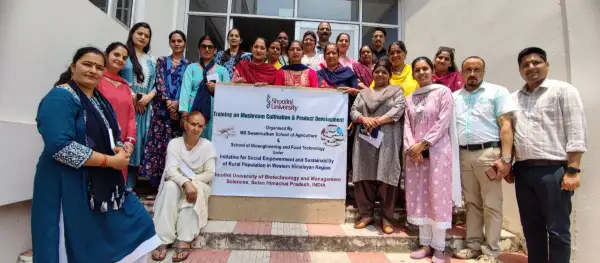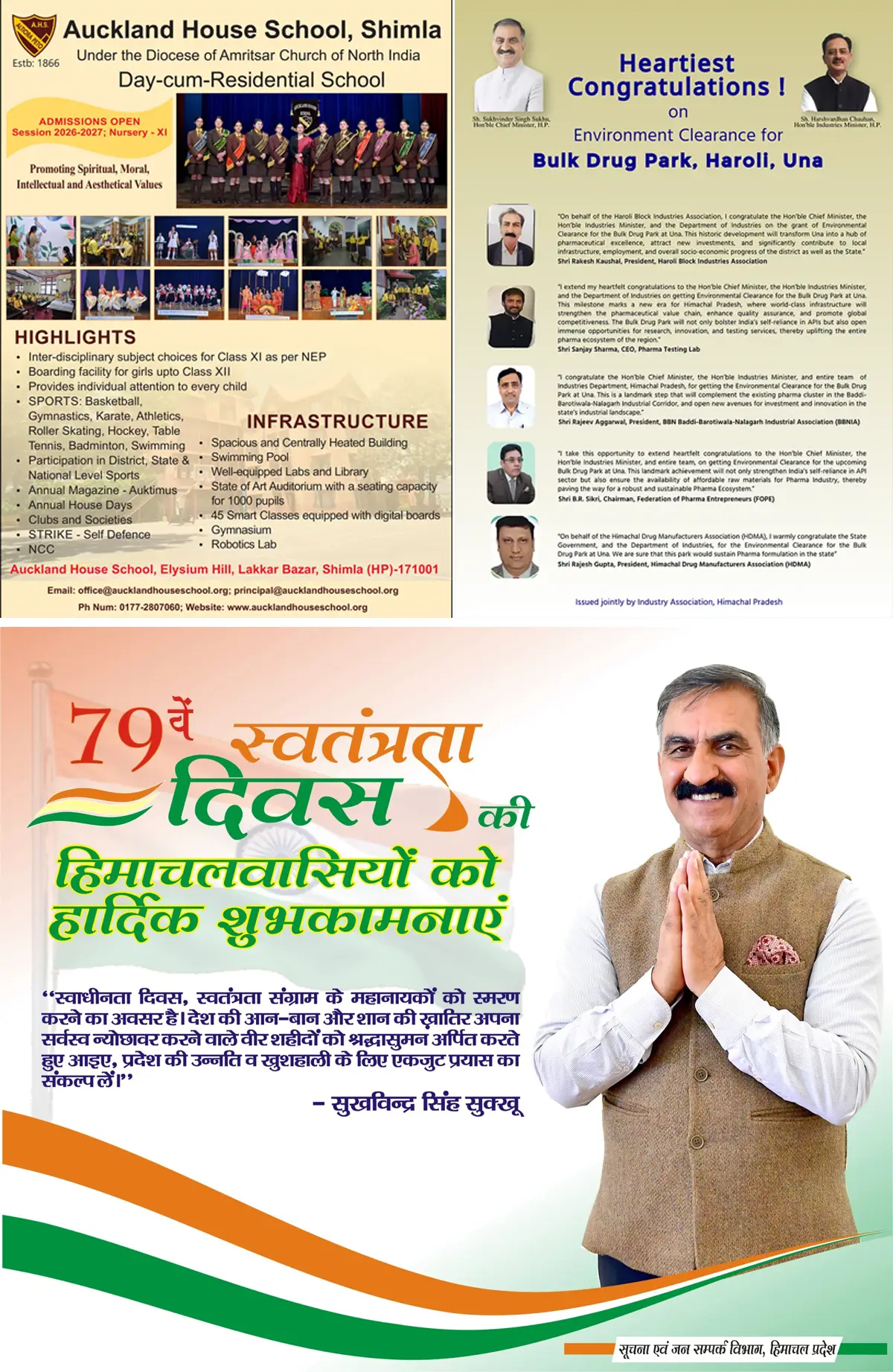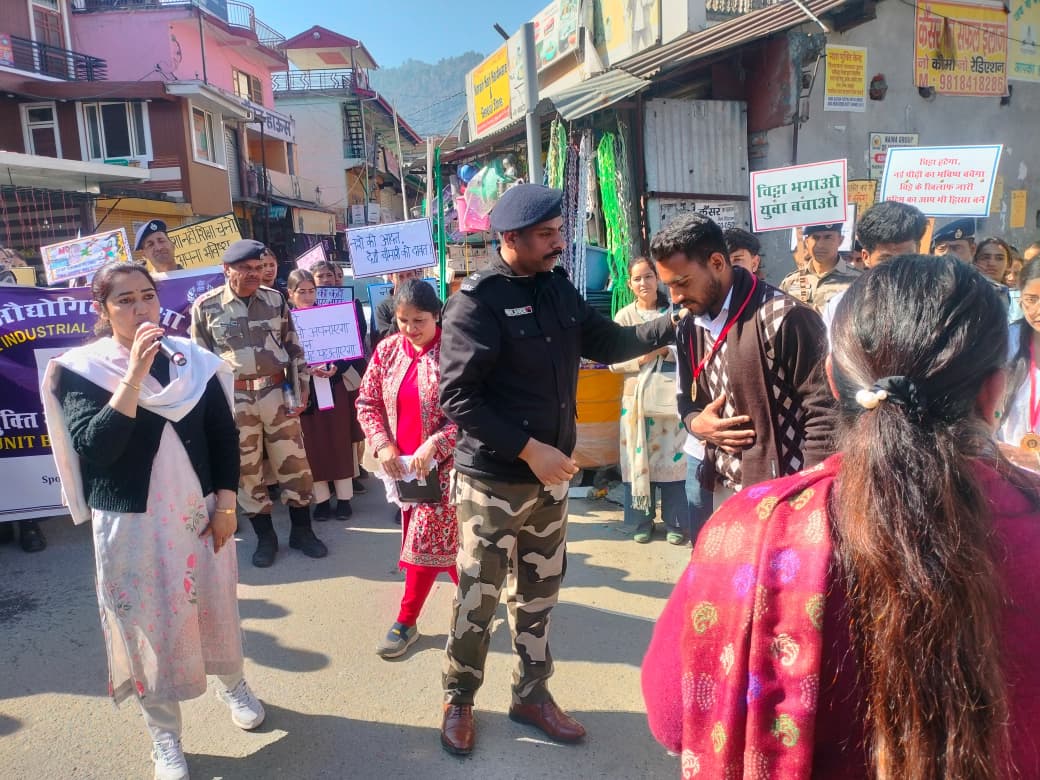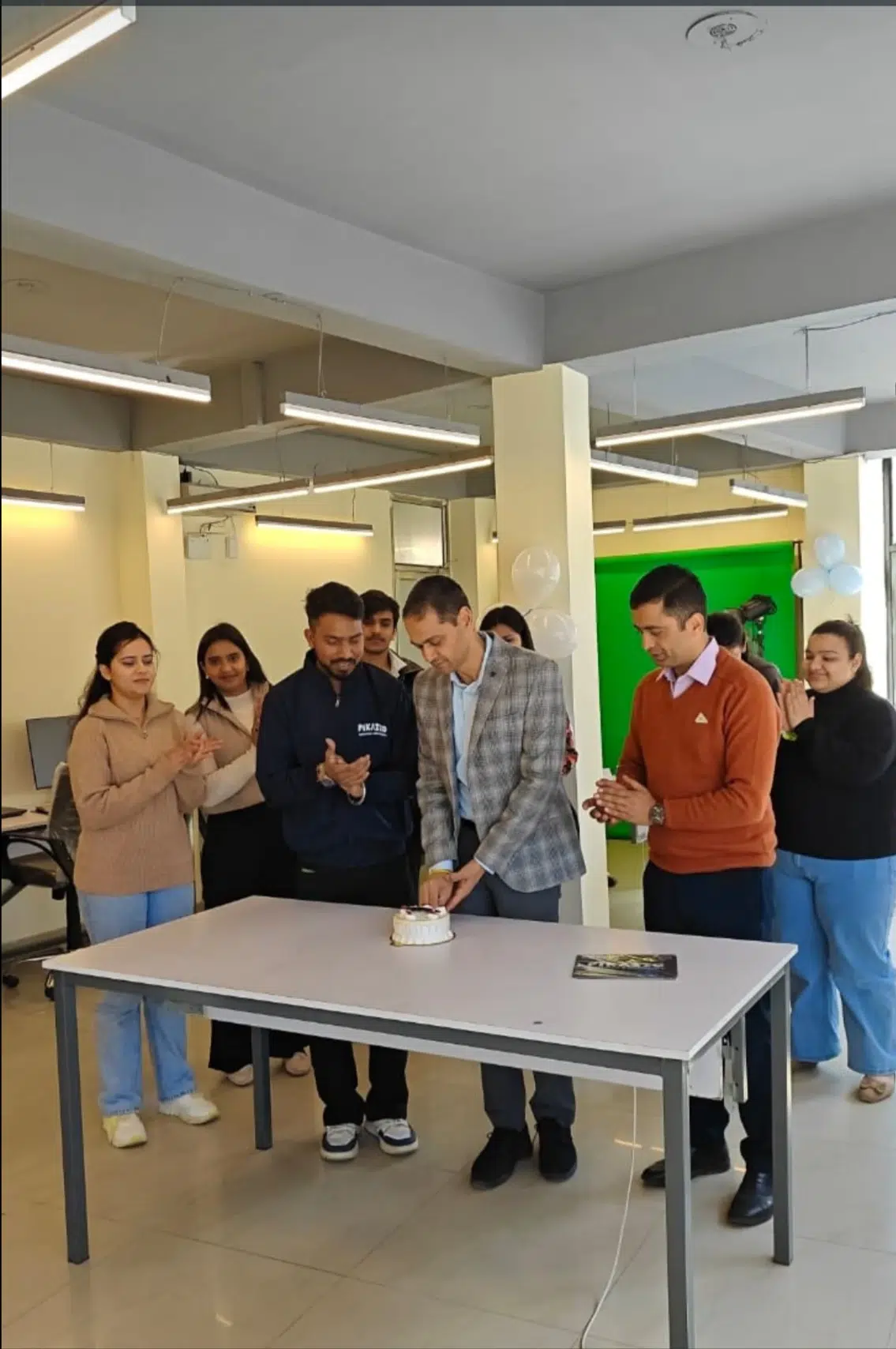Mushroom cultivation training for rural women at Shoolini University
2 min read
Solan, July 15
A one-day training session on “Mushroom Cultivation and Product Development” was organised for rural women in Shoolini University.
The event was part of the initiative for ‘Social Empowerment and Sustainability of Rural Population in Western Himalayan Region,’ and jointly organised by the MS Swaminathan School of Agriculture and the School of Bioengineering and Food Technology.
Over 20 women from nine Self Help Groups (SHGs) in Solan Block participated in the training programme. The training aimed to provide participants with comprehensive knowledge of mushroom cultivation techniques and product development from various fruits and vegetables.
Dr. Somesh Sharma, Associate Dean of the MS Swaminathan School of Agriculture, inaugurated the programme. Prof Somesh said, women’s enthusiasm and eagerness to learn are truly inspiring. This training provided them with invaluable knowledge on mushroom cultivation techniques and product development, focusing on sustainable practices and economic profitability. Prof. Sharma also thanked the University management who have encouraged the school to initiate this type of training for the empowerment of rural women in the region and providing all the necessary infrastructure for completing this event.
Comprehensive details on various mushroom species and their year-round profitability potential were discussed and the session also covered cultivation practices and strategies for managing production issues. Government schemes which offer incentives for mushroom cultivation and food processing were also emphasised.
During the hands-on sessions in the food processing lab, participants made mushroom cookies, tomato ketchup, and puree, which received positive feedback for their taste and quality. These sessions emphasised the significance of adding value through food processing, reducing spoilage, and increasing productivity.
The training programme ended with participants receiving certificates of participation. Many participants showed enthusiasm for future practical training sessions, emphasising the value of hands-on learning in their skill development.






